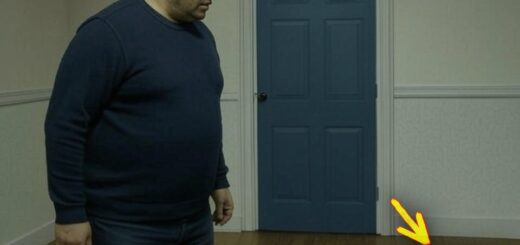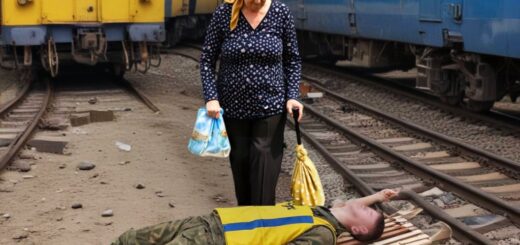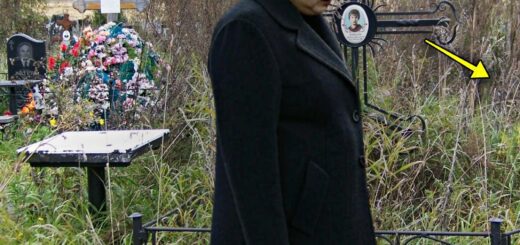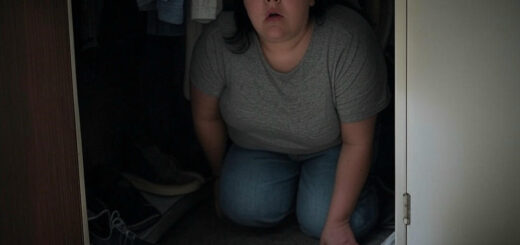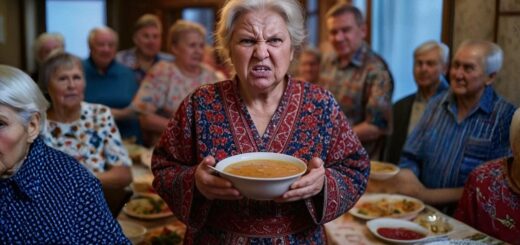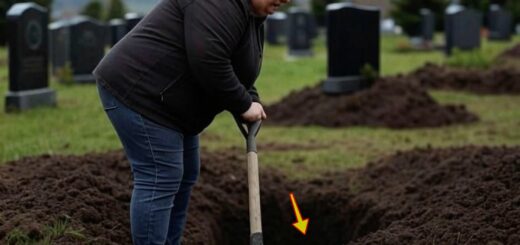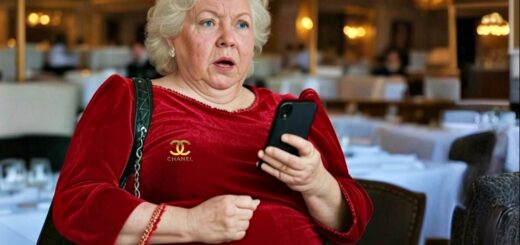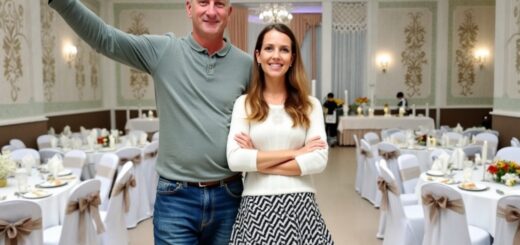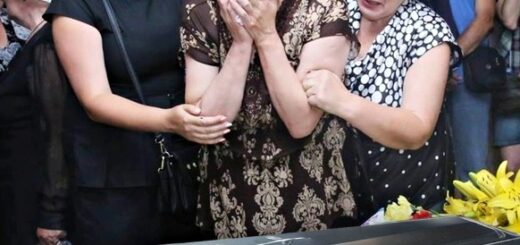When I finally realized my dream and bought a house for my husband and me, that very same day, he declared..
I smiled, locked the door, and turned the key twice. Ahead lay the moment I’d been waiting for: I’d pick James up from work and bring him here, hand him the keys to our new home, see joy and amazement on his face. I imagined us sitting on the floor in the empty living room, sipping champagne from plastic cups, planning our future.
How we’d choose furniture, debate wall colors, plan renovations and decor. But life often throws curveballs, and not always pleasant ones. I couldn’t have imagined that instead of a joyful evening, I’d face the hardest trial of my life.
My sister, Emma, was always my polar opposite. Three years younger, she seemed more mature, rational, and pragmatic.
If I was an emotional, trusting dreamer, Emma was iron logic and cold calculation. A lawyer by training, she’d worked in real estate since college, specializing in the legal aspects of property deals. By thirty, she’d achieved considerable success in her field.
Our relationship was never easy. As kids, we fought often: I didn’t want to share toys, and she retaliated with petty pranks. In our teens, we competed for our parents’ attention and mutual friends.
Then our paths diverged: I studied economics, she law, each building our own social circles and interests. We met occasionally at family gatherings, exchanging polite small talk, but there was no real closeness. Everything changed when our parents passed away.
Dad went first—a sudden heart attack took him without a chance to say goodbye. Mom lasted longer—pancreatic cancer, six agonizing months of decline. Emma and I were with her until the end, taking turns at her bedside, making tough decisions together, crying together when it was over.
Grief brought us closer than anything else could. We realized we were alone in the world, that no one would ever love us as unconditionally as our parents had. Only we could truly support each other, only we remembered our shared childhood, family jokes, Mom’s tone, Dad’s smile.
After the funeral, we started calling daily, meeting on weekends, sharing news and problems. Emma often visited James and me, bringing homemade pastries—she was a surprisingly good baker for someone working twelve-hour days—offering advice when issues arose. With her, I could talk about things I didn’t even share with James: fears about the future, self-doubt, uncertainty about tomorrow.
Emma was the first to hear about my dream to buy a house. We were sitting in her kitchen, sipping tea with cinnamon rolls, when I, for no reason, told her how I’d always dreamed of a big house with a garden. How I imagined growing flowers, picking apples, swinging in a hammock between trees.
How I wanted a place that truly belonged to me, where I’d feel safe. “Why not make that dream come true?” Emma asked, eyeing me over her teacup. “You earn well, James brings in some money.
If you start saving, you could afford a down payment in a few years.” “I don’t know,” I shrugged. “It feels like an impossible dream.
Housing prices rise faster than we can save. Plus, we just paid off loans for apartment repairs.” “Nothing’s impossible,” Emma said firmly, setting down her cup.
“Let’s look at your finances and make a plan.” That’s how our joint effort began. Emma helped me analyze our budget, identify wasteful spending, and find ways to save.
We opened a dedicated savings account where I deposited a fixed amount monthly—small at first, then larger as I adjusted to living on less. James was skeptical initially. “We’re barely making ends meet,” he’d say when I skipped restaurant outings or new clothes.
But he gradually joined the saving effort. He took on more gigs, worked late, gave up expensive hobbies. The account grew slowly but steadily.
The first major setback came two years into saving. My older brother, Michael, with whom I was never close, fell into trouble. His small construction firm was on the brink of bankruptcy.
He needed a large sum to settle with creditors and save his reputation. Michael came to me because I was the only family member with savings. Emma lived lavishly, saving little.
We had no other relatives. I couldn’t refuse my brother, despite our distance—he was still family. I gave him nearly all our savings, leaving a pittance in the account.
Michael swore he’d repay the loan with interest in six months, once his business recovered. But that didn’t happen. His firm went bankrupt, and he, after taking a bank loan with several guarantors, including me, vanished from the city…


